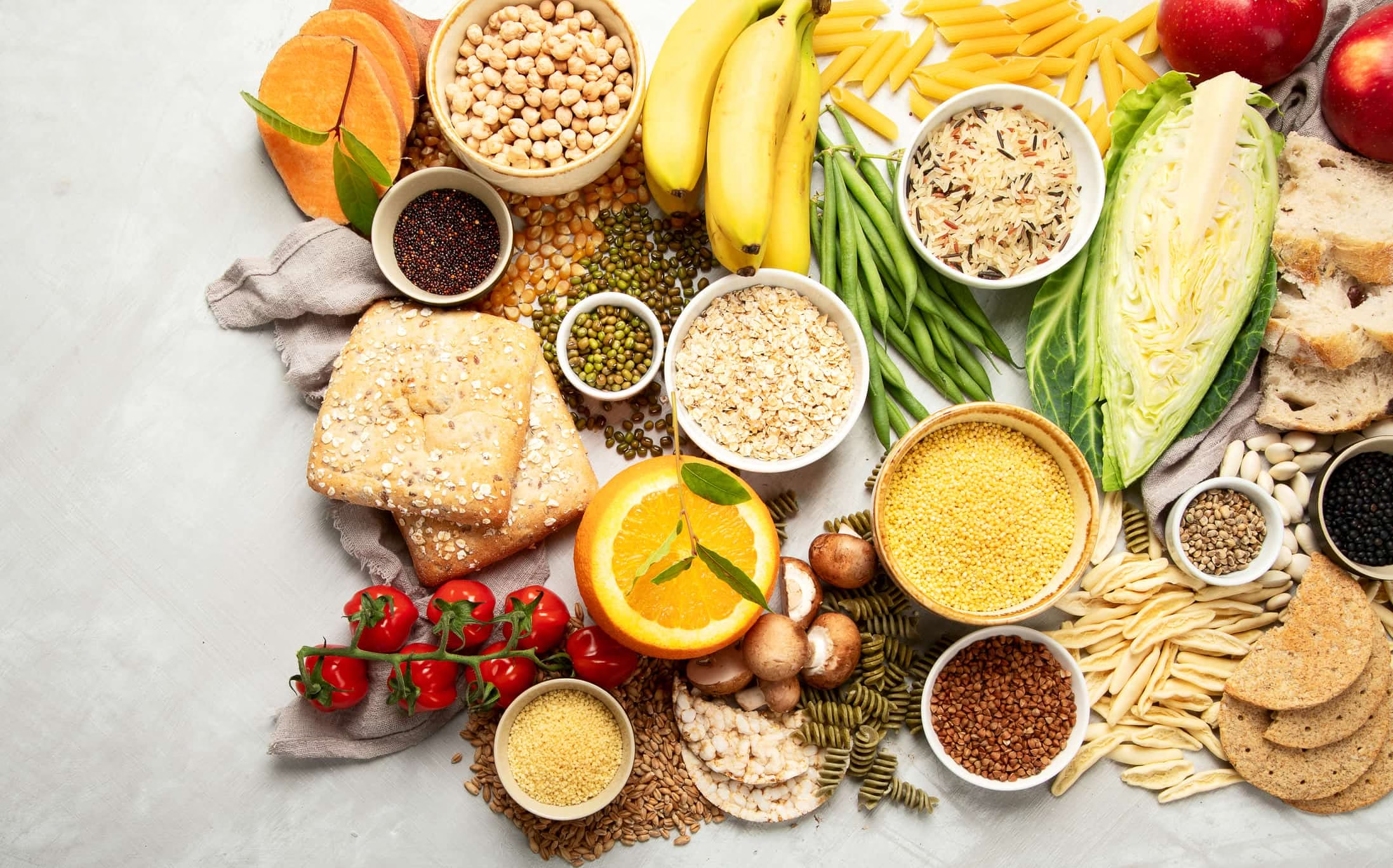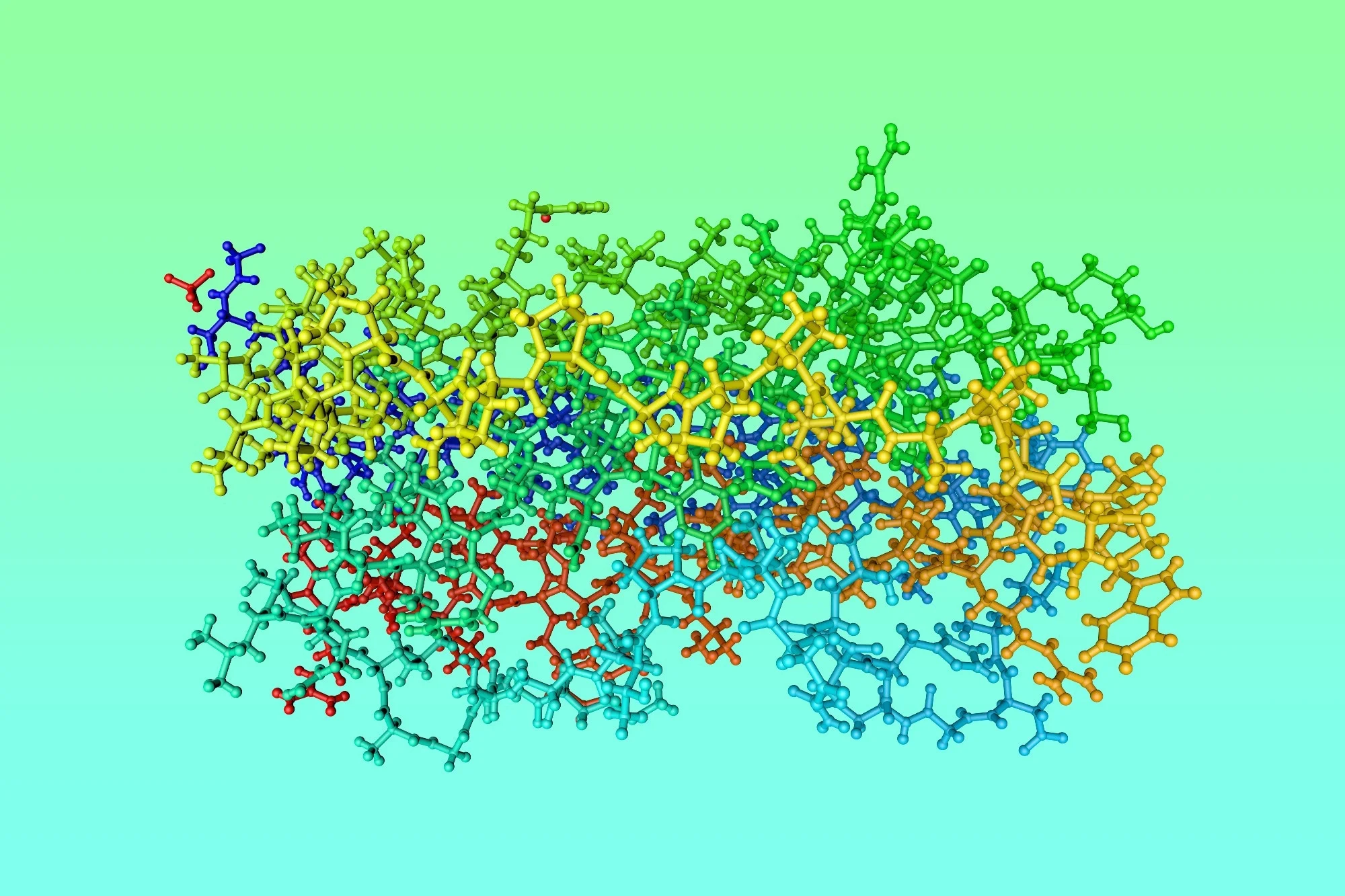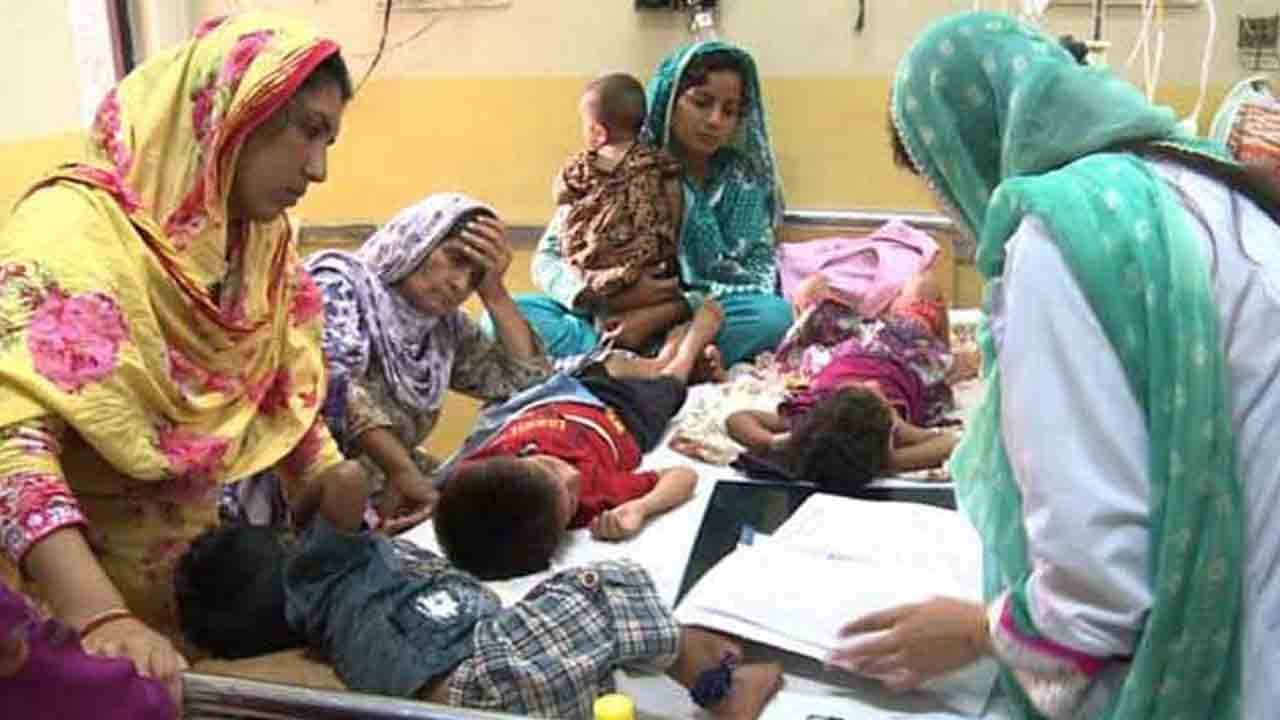Nutrition plays a pivotal role in ensuring cricketers stay energized, recover quickly, and maintain peak performance throughout matches and training sessions. Here’s a comprehensive guide to the ideal diet for a cricketer.
The Building Blocks of a Cricketer’s Diet
A cricketer’s diet should be balanced, nutrient-dense, and tailored to the demands of the sport. It must provide sustained energy, support muscle repair, and enhance recovery. Here’s a breakdown of essential nutrients for a cricketer:
1. Carbohydrates: The Energy Powerhouse
Carbohydrates are the primary fuel source for cricketers, especially during high-intensity activities like sprinting, bowling, or batting. They help maintain glycogen stores in muscles, crucial for endurance and performance.
What to Eat: Whole grains (brown rice, oats, quinoa), fruits (bananas, apples, berries), vegetables (sweet potatoes, carrots), and legumes (lentils, chickpeas).
When to Eat: Include carbs in every meal, especially before matches or training. A high-carb meal 2–3 hours before play ensures optimal energy levels.
2. Protein: The Recovery Essential
Protein is vital for muscle repair and growth, particularly after intense physical activity. Cricketers, especially bowlers and all-rounders, need adequate protein to recover from the strain of repetitive movements.
What to Eat: Lean meats (chicken, turkey), fish (salmon, tuna), eggs, dairy (milk, yogurt, cheese), and plant-based options (tofu, lentils, beans).
When to Eat: Distribute protein intake evenly across meals and consume a protein-rich snack or meal within 30–60 minutes after training or matches.
3. Fats: The Sustained Energy Source
Healthy fats are essential for long-lasting energy, hormone production, and overall health. They are particularly important during long matches or tournaments.
What to Eat: Avocados, nuts, seeds, olive oil, and fatty fish like salmon.
When to Eat: Include small amounts of healthy fats in meals and snacks throughout the day.
Hydration: The Unsung Hero
Cricket is often played in hot and humid conditions, making hydration a top priority. Dehydration can lead to fatigue, reduced concentration, and impaired performance.
What to Drink: Water is the best choice for hydration. During long matches, sports drinks with electrolytes can help replenish lost salts and maintain energy levels.
When to Drink: Sip water consistently throughout the day and during breaks in play. Avoid sugary or caffeinated beverages, as they can lead to dehydration.
Timing is Everything
When and what you eat can significantly impact your performance on the field. Here’s a breakdown of meal timing for cricketers:
- Pre-Match/Training Meal (2–3 Hours Before): Focus on carbs and moderate protein with low fat to ensure easy digestion.
Examples: Oatmeal with fruit, a chicken sandwich, or pasta with a light sauce. - During Play (For Long Matches): Consume small, easily digestible snacks to maintain energy levels.
Examples: Energy bars, bananas, or sports drinks. - Post-Match/Training Recovery (Within 30–60 Minutes): Replenish glycogen stores and support muscle recovery with a mix of carbs and protein.
Examples: A protein shake with fruit, grilled chicken with rice, or yogurt with granola.
Micronutrients: The Hidden Game-Changers
Vitamins and minerals are essential for energy production, muscle function, and recovery. Key nutrients for cricketers include:
- Iron: Supports oxygen transport. Found in red meat, spinach, and lentils.
- Calcium and Vitamin D: Essential for bone health. Found in dairy products and fortified foods.
- B Vitamins: Aid in energy metabolism. Found in whole grains, eggs, and lean meats.
- Antioxidants (Vitamins C and E): Reduce inflammation and support recovery. Found in fruits, vegetables, nuts, and seeds.
Snacks for Sustained Energy
Cricketers need nutrient-dense snacks to keep energy levels stable during long matches or training sessions. Some great options include:
- Nuts and seeds
- Yogurt with honey
- Fresh fruit
- Whole-grain crackers with hummus
What to Avoid
- Sugary or Processed Foods: These can cause energy crashes and hinder performance.
- Heavy, Fatty Meals Before Play: These can lead to sluggishness and discomfort.
- Over-Reliance on Caffeine: While a small amount can boost alertness, too much can cause dehydration and jitters.
Sample Daily Diet for a Cricketer
- Breakfast: Oatmeal with berries, a boiled egg, and a glass of orange juice.
- Mid-Morning Snack: A banana and a handful of almonds.
- Lunch: Grilled chicken breast, brown rice, steamed vegetables, and a side salad.
- Afternoon Snack: Greek yogurt with honey and granola.
- Dinner: Baked salmon, quinoa, roasted sweet potatoes, and broccoli.
- Post-Training/Match Recovery: A protein shake with a piece of fruit or a turkey sandwich on whole-grain bread.
Final Thoughts
Nutrition is a game-changer for cricketers. A well-planned diet not only enhances performance but also reduces the risk of injury and speeds up recovery. While these guidelines provide a solid foundation, individual needs may vary based on factors like age, body composition, and playing position. Consulting a sports nutritionist can help tailor a diet plan to meet specific goals and requirements.
Remember, what you eat today fuels your performance tomorrow. So, eat smart, stay hydrated, and play hard!



